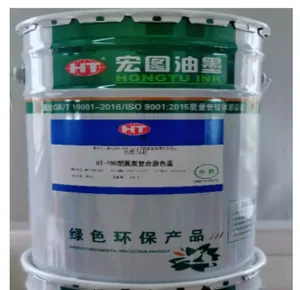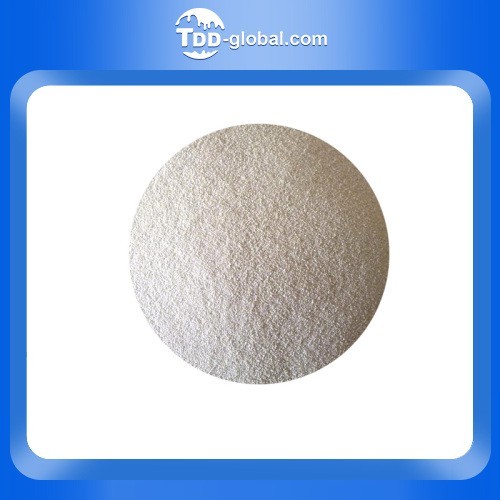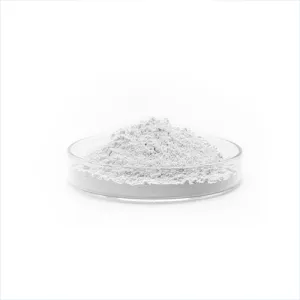Q
why hybrid vehicles
I'm a seasoned industrial engineer with a keen interest in machine learning. Here to share insights on latest industry trends.
There are several reasons why some people might consider gas vehicles better than electric ones. Here are a few:
1. Range: On average, gas-powered vehicles can travel further on a single tank of gas than electric vehicles can travel on a single charge. This makes gas vehicles potentially more convenient for long-distance travel or for those who don’t have easy access to charging infrastructure.
2. Re-fueling time: Filling up a gas tank typically takes only a few minutes, whereas recharging an electric vehicle can take several hours, depending on the charger's power level.
3. Availability of Infrastructure: Gas stations are more widespread and commonly available, whereas EV charging stations are still being developed and aren't as readily available, especially in rural or remote areas.
4. Vehicle options: While the electric vehicle market is growing, as of now, there are more make and model options available in gas-powered vehicles. This gives the consumer a wider choice in terms of size, style, and price.
5. Cost: While the gap is closing, electric vehicles often currently come with a higher upfront cost than their gas-powered counterparts. Although, it's worth noting that the cost of ownership can be lower for electric vehicles when considering fuel and maintenance savings.
6. Towing capacity and vehicle load: Gas vehicles, especially trucks and larger SUVs, traditionally have a higher towing capacity and are able to carry heavier loads.
7. Used market: There is a larger market for used gas vehicles than electric ones. So, it's easier to find a used gas vehicle that fits your needs and budget.
However, it's worth noting that significant strides are being made in electric vehicle technology and infrastructure, and many of these drawbacks are lessening overtime. Environmental concerns are also leading many people to consider electric vehicles as a more eco-friendly option.
1. Range: On average, gas-powered vehicles can travel further on a single tank of gas than electric vehicles can travel on a single charge. This makes gas vehicles potentially more convenient for long-distance travel or for those who don’t have easy access to charging infrastructure.
2. Re-fueling time: Filling up a gas tank typically takes only a few minutes, whereas recharging an electric vehicle can take several hours, depending on the charger's power level.
3. Availability of Infrastructure: Gas stations are more widespread and commonly available, whereas EV charging stations are still being developed and aren't as readily available, especially in rural or remote areas.
4. Vehicle options: While the electric vehicle market is growing, as of now, there are more make and model options available in gas-powered vehicles. This gives the consumer a wider choice in terms of size, style, and price.
5. Cost: While the gap is closing, electric vehicles often currently come with a higher upfront cost than their gas-powered counterparts. Although, it's worth noting that the cost of ownership can be lower for electric vehicles when considering fuel and maintenance savings.
6. Towing capacity and vehicle load: Gas vehicles, especially trucks and larger SUVs, traditionally have a higher towing capacity and are able to carry heavier loads.
7. Used market: There is a larger market for used gas vehicles than electric ones. So, it's easier to find a used gas vehicle that fits your needs and budget.
However, it's worth noting that significant strides are being made in electric vehicle technology and infrastructure, and many of these drawbacks are lessening overtime. Environmental concerns are also leading many people to consider electric vehicles as a more eco-friendly option.
You May Like
While considered generally safe. titanium dioxide is a commonly used substance found in a wide range of products. from cosmetics to paints and even electronic devices like weather clocks. While there are no known health risks associated with these products. inhaling titanium dioxide dust in an occupational setting can be hazardous. Fortunately. when used in consumer products. measures are taken to prevent inhalation. While excessive consumption of titanium dioxide can be harmful. the average person is unlikely to be exposed to such large amounts through daily use of products like weather clocks. As with any substance. individual reactions may vary and those with allergies or sensitivities may experience them differently.
Wholesale Titanium Dioxide is a popular additive in the rubber industry. known for enhancing heat resistance. durability. and brightness. This ingredient not only prolongs the lifespan of rubber products. but also enhances color stability. When sourcing from wholesalers. it is crucial to consider the supplier's reputation. Additionally. the grade of titanium dioxide plays a significant role as it must possess specific properties that meet the demands of the rubber industry. It is highly recommended to opt for rutile grade titanium dioxide with exceptional weathering and light scattering abilities. Be sure to request detailed specifications and necessary safety data before making a purchase.
Polypropylene is known for its chemical resistance, making it a challenging material to bond with typical adhesives. However, specialized adhesives like Loctite Plastics Bonding System, which includes a primer to modify the surface for better adhesion, or 3M Scotch-Weld Structural Plastic Adhesive, particularly designed for difficult-to-bond plastics, provide reliable solutions. Surface preparation, such as cleaning and possibly corona or plasma treating, can significantly enhance bonding effectiveness. Additionally, polypropylene adhesive tapes, specifically formulated for polyolefinic surfaces, offer a no-cure-time alternative for lighter applications.
You May Like
Q&A
- •how to identify real zircon stone
- •making foundation with no titanium dioxide
- •nonlinear optics in titanium dioxide
- •powder foundation with no titanium dioxide
- •nylon vs polypropylene netting
Popular Information
- •Analysis of the talcum powder particle size test process and influencing factors
- •Meghmani Organics commences commercial production of two plants
- •Breaking through the export bottleneck of talc powder and taking a shortcut to high-end products
- •Nippon Shokubai receives ISCC Plus certification for superabsorbent polymers in Europe
- •Chlor-alkali 2022: Key factors driving China’s markets















